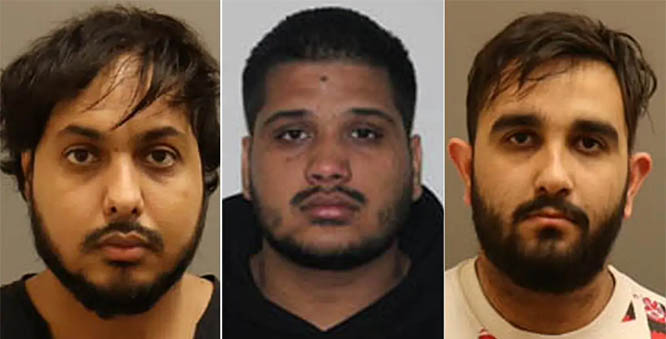New Delhi, May 25: Popular Front of India General Secretary M. Mohammed Ali Jinnah in a statement, has condemned police firing against protesters who were demanding the closure of the Sterlite Copper Unit in Thoothukudi district of Tamil Nadu and called for a judicial inquiry into the incident that left at least 11 people dead.
“Evidences are emerging that the firing was preplanned and intended to kill protest leaders. People used their democratic right to take out protest rallies. There was no situation that warranted use of force on the part of police. Instead of accepting a genuine and just concern of people over severe environmental pollution and taking necessary measures to solve the problem, by using brutal measures and killing people without even a warning, Tamil Nadu government has illustrated its anti-people bias. We demand a judicial inquiry into the incident and compensation to the families of the victims. We also demand the permanent closure of the Thoothukkudi Unit of Sterlite Copper which possesses threat to people and environment.”
Criminal inaction by governments on the atrocities on Dalits and Minorities
Mohammed Ali Jinnah has also denounced the culpable silence and inaction of the central and state governments in the background of new incidents of anti-Dalith and anti-Muslim atrocities in the country.
Another round of horrific lynching and killing of Muslims and Dalits are taking place in various parts of the country especially in BJP Ruled states. In latest of the of dozens of Goraksha related atrocities, On May 17, a man was killed and another left critically injured near Satna in Madhya Pradesh after a mob beat them up on mere “suspicion” of cow slaughter. Before taking action on the murderers, Madhya Pradesh police has booked the victims for cow slaughter. In another incident on May 21, a Dalit couple was brutally attacked for refusing to clear garbage in Rajkot district of Gujarat. The husband was tied to a pole and beaten to death with metal rods by the mob. It was in last month that in Meerut a Dalit youth was shot dead for participating in Bharath Bandh. A situation has been created that, for Dalits and minorities in country, their very identity is sufficient reason to get publicly killed. He stated that while Central Government and BJP governments in the states continue to protect these communal criminals, it is the duty of the secular forces in the country to build up democratic resistance.
JNU “Islamic terrorism” course bigoted political interference in knowledge production
Popular Front general secretary M. Mohammed Ali Jinnah questioned the relevance and validity of the proposed course on “Islamic Terrorism” approved by Jawaharlal Nehru University Academic Council.
The course to be started by JNU on the controversial subject is part of the project of communalization of education undertaken by Modi government. Ever since present government came to power, they started inferring with education system of the country, replacing history with mythology and mixing superstitions with science. The proposed course links Islam, the religion of nearly 172 million Indians, with terrorism. This is a product of divisive Hindutva ideology and will only create more bias, divide and alienation Muslim minority in the national psyche for years to come. Mohammed Ali Jinnah cautioned that such political interference with knowledge production must be resisted both legally and academically.








Comments
Add new comment